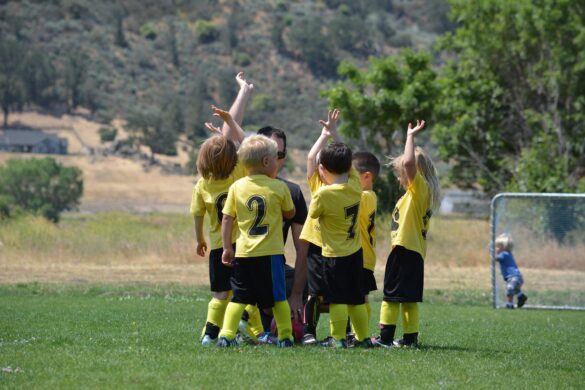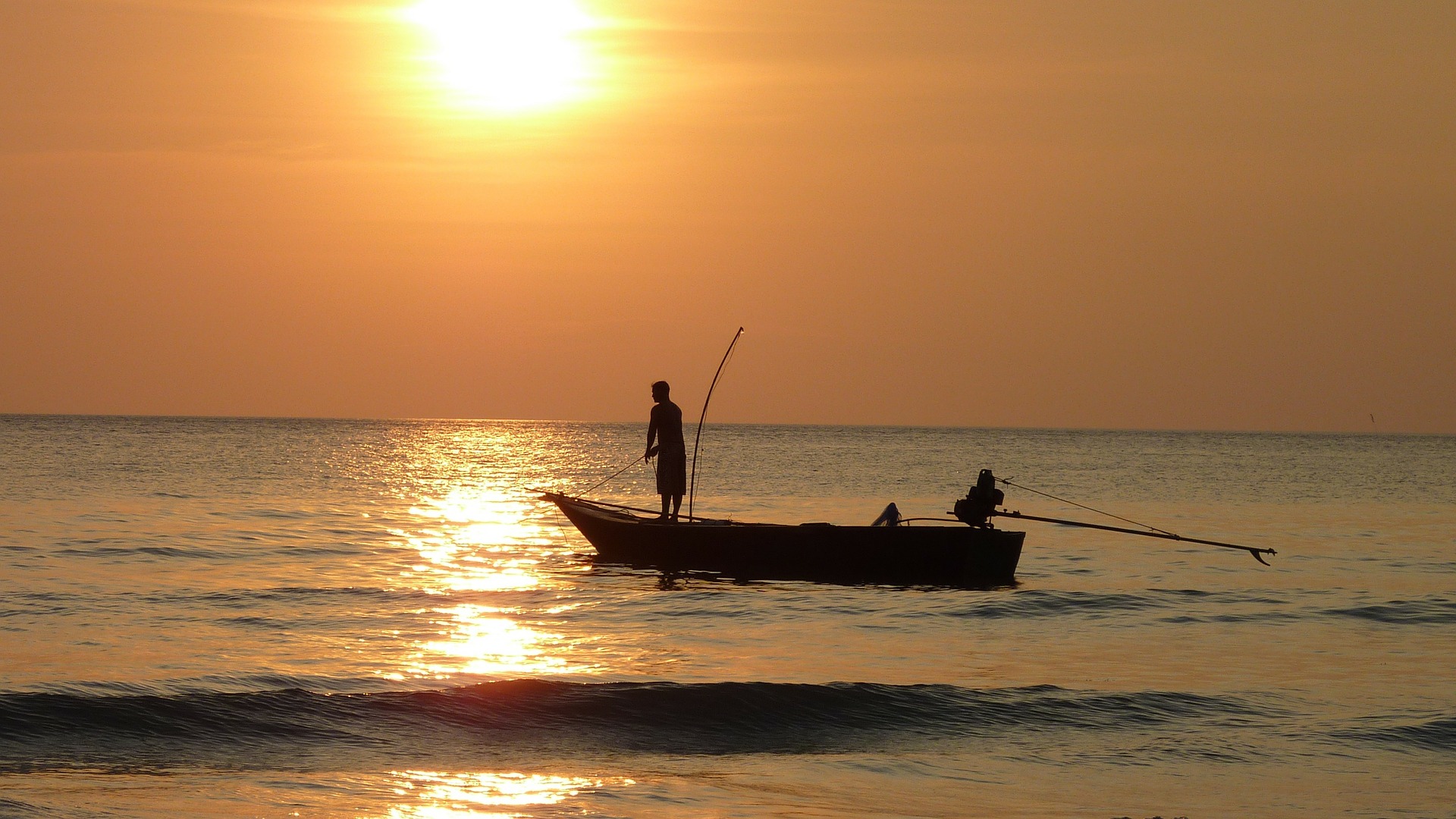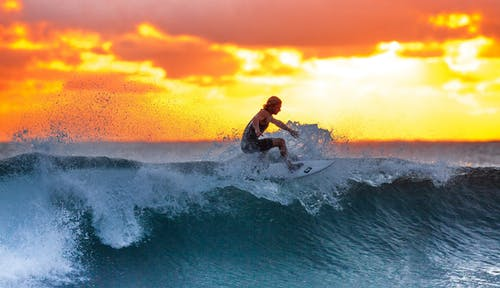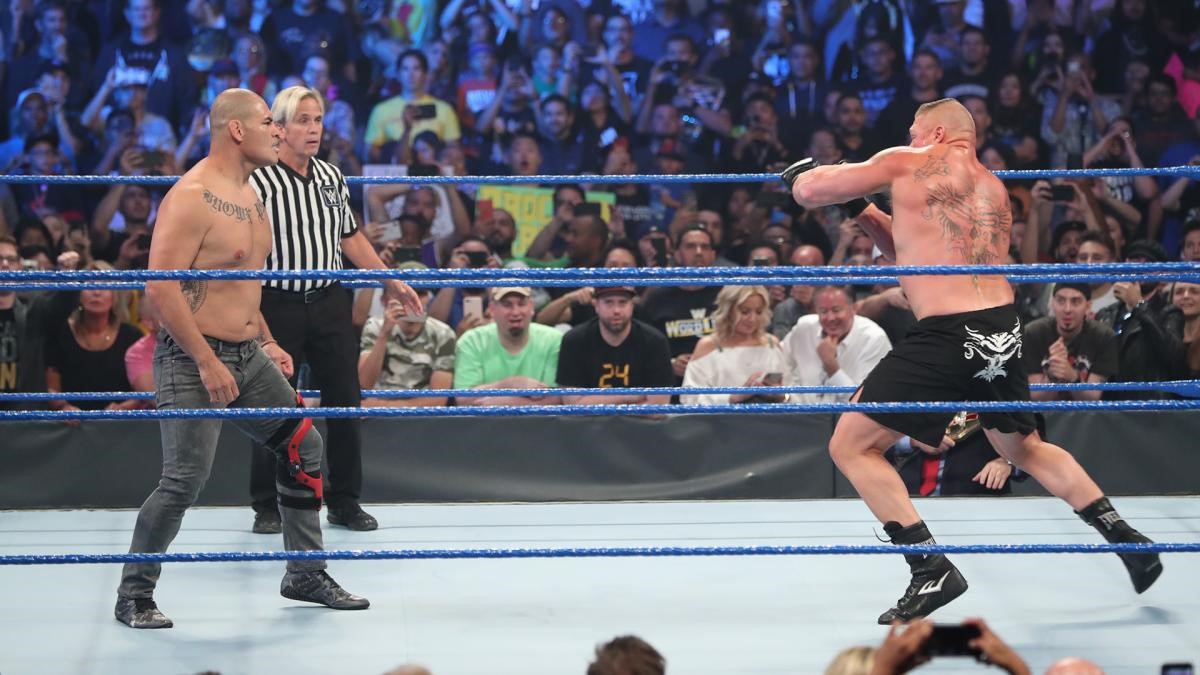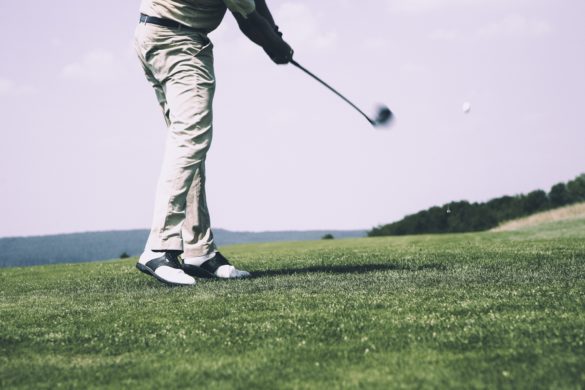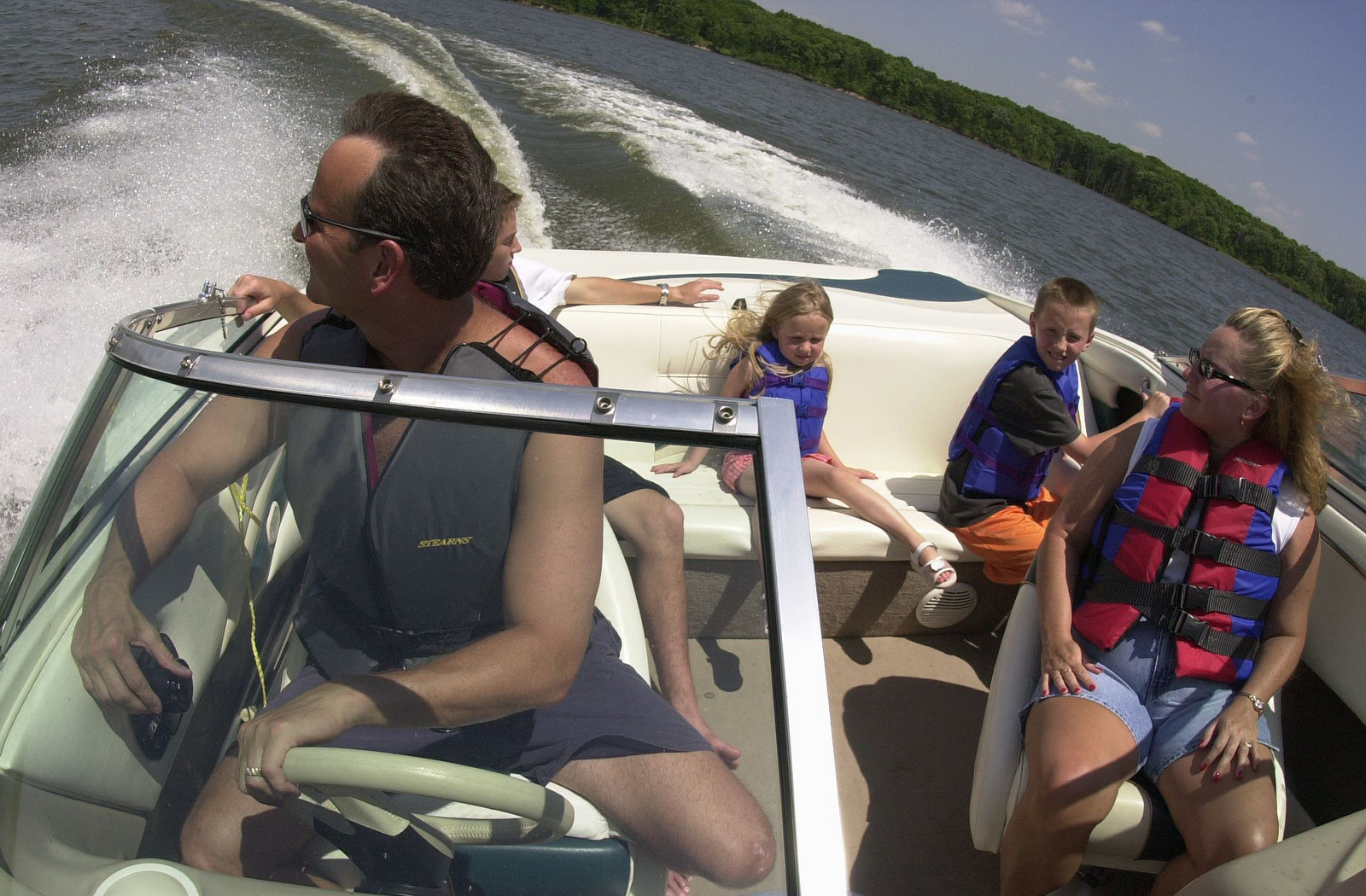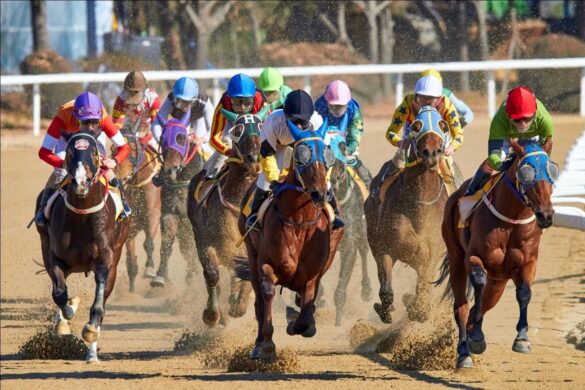The Essence of Pond Hockey
Pond hockey brings the game back to its roots—sticks, a puck, and a frozen pond. With no boards, referees, or elaborate gear, the focus shifts fully to individual skill, creativity, and the shared experience among friends and neighbors. This stripped-down format invites players of all ages and abilities to rediscover the heart of hockey. Maine Hockey tournaments embody this ethos, hosting events that prioritize camaraderie over competition and remind everyone of the sport’s humble beginnings. The joy of skating outdoors, surrounded by winter’s quiet beauty, forges a timeless connection to hockey’s earliest days.
Natural hazards—such as bumps, snow patches, and shifting light—make each game unpredictable and unique. Without organized play clocks or penalty boxes, matches proceed organically, shaped by the group’s energy and goodwill. This informal structure allows pond hockey to be as much about laughter and shared memories as it is about scoring goals.
Fostering Community Connections
Pond hockey thrives as a communal tradition, transforming local ponds and lakes into lively gathering spots for winter. Each cold season, families, neighbors, and even strangers come together for impromptu games, building a sense of friendship and belonging. For instance, Chicago’s Lincoln Park hosts beloved pickup games where generations meet, welcoming both lifelong enthusiasts and newcomers eager to try the sport.
Health experts and urban planners increasingly recognize the social and wellness benefits of outdoor, informal sports like pond hockey. Regular skating and play help participants stay active and combat winter isolation, all while strengthening community ties. In many communities, this sense of togetherness is what makes the rinkless version of the sport so special.
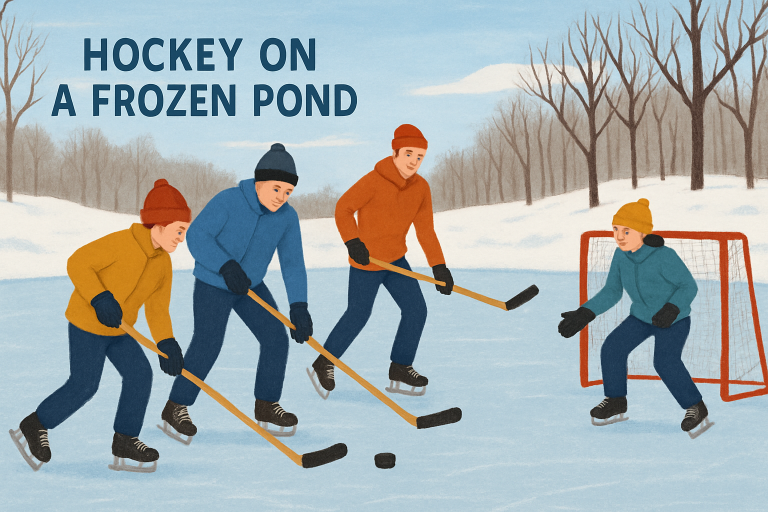
Celebrating Tradition Through Tournaments
Pond hockey’s heritage remains alive through annual tournaments that honor the old-school spirit of the sport. The U.S. Pond Hockey Championships in Minneapolis is one such event, attracting thousands of participants from all over North America. Set on the wide-open expanse of Lake Nokomis each January, the tournament stresses fun and fellowship over high-stakes competition, celebrating the way hockey was always meant to be played—a true reflection of recreational hockey at its finest.
Internationally, the World Pond Hockey Championships in Plaster Rock, New Brunswick, gather diverse teams, united by love for the outdoor game. Events like these don’t just crown winners; they bring communities together and inspire new generations to lace up their skates in all conditions. According to The Boston Globe, these tournaments are crucial in preserving the cultural tradition of outdoor hockey, especially as climate challenges intensify.
Climate Change: A Looming Threat
As winters grow warmer and less predictable, the future of pond hockey hangs in the balance. Thinner, less reliable ice cuts short the season and makes traditional pond play increasingly unsafe. New Hampshire’s famed Pond Hockey Classic, for example, was nearly canceled by erratic weather in recent years, as reported by The Boston Globe.
Scientists warn that changes in winter weather patterns, shorter freezing periods, and melting ice are threatening not only the tradition of pond hockey but also the health of local winter ecosystems. Communities that cherish outdoor play now find themselves racing against time to adapt, finding creative solutions to keep the sport alive for future generations.
Preserving the Pond Hockey Experience
Grassroots organizers around North America are rising to meet these challenges. Volunteers like Detroit’s Ice Boiz devote countless hours clearing snow, checking ice depth, and maintaining ponds so local players can continue gathering each winter. Community-led efforts such as these are vital, making pond hockey safe and accessible for everyone.
Some towns are experimenting with artificial outdoor rinks or ice-maintenance tools to offset the effects of unpredictable weather, while others host alternative winter events centered on skating, sharing hockey’s joy in any form they can manage. Educational programs now encourage young players to learn about climate change and sustainability, nurturing new stewards passionate about protecting winter sports and natural landscapes.
Tips for Organizing Your Own Pond Hockey Game
- Find Safe Ice: Always check that ice is at least four inches thick, and scan for cracks or open water before skating. Safety is paramount.
- Keep Equipment Simple: Most games only need basic sticks, pucks, and makeshift nets. Old boots, milk crates, or shoes can stand in for real goals.
- Dress Appropriately: Wear multiple breathable layers, good gloves, and bring dry socks to stay warm without sacrificing flexibility on the ice.
- Involve the Community: Invite neighbors, family, and friends. Make it a social event—bring hot cocoa and cheer for everyone, regardless of age or experience.
For more tips and outdoor hockey safety guidelines, the Pond Hockey Classic offers an in-depth look at best practices for enjoying the pond safely and responsibly.
The Unmatched Joy of Pond Hockey
In a world of gleaming stadiums and televised leagues, the simplicity of pond hockey is a welcome return to what matters most: fresh air, shared laughter, and the timeless thrill of chasing a puck over natural ice. The sounds of skates, the rush of a pick-up game as dusk falls, and the company of friends keep the sport’s spirit alive, year after year. Those who cherish these moments are not just playing hockey—they’re passing a joyful tradition to the next generation, ensuring the pure heart of the game endures long into the future.
